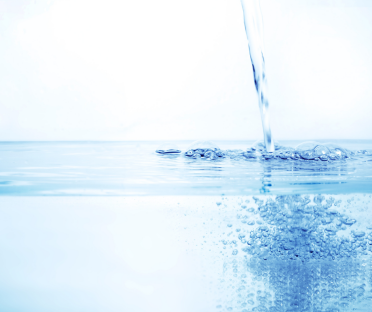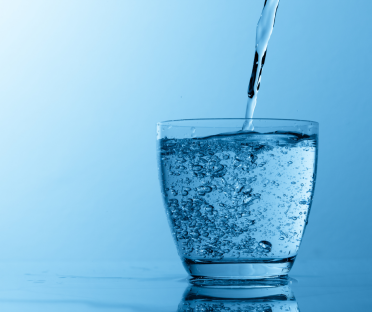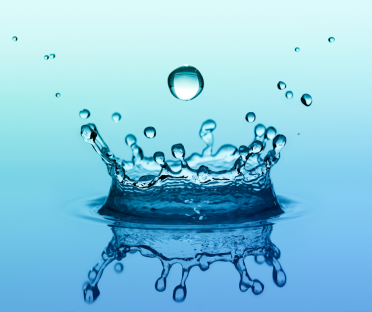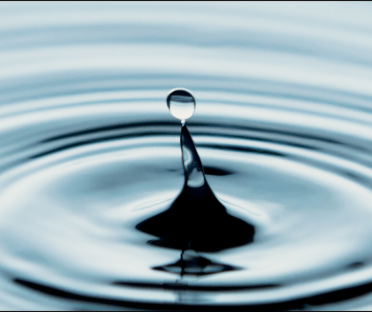Report a concern or complaint
Find out what to do if you are concerned about your drinking water.
If you believe your drinking water is not safe, the first thing you should do is raise your concern directly with your drinking water supplier.
Find your drinking water supplier
However, if after raising your concern with your drinking water supplier, you believe your drinking water is still unsafe, then please let us know.
Not sure who supplies your water?
Most people are on a water supply owned by either their district or city council, or water management company such as Water Care in Auckland and Wellington Water.
Find out who supplies your water on the Public Register of Drinking Water Supplies
Council and government supplies without protozoa barriers
Since late 2023, we have been working with council and government drinking water suppliers with supplies that lack critical treatment barriers that prevent protozoa (single-celled parasites, like cryptosporidium and giardia) or bacteria from contaminating the water.
Drinking water emergencies
Find out what to do in a drinking water emergency to protect the health of you and your whānau.
Learning hub
Find out more about water concepts, including treatment, testing and compliance, and what might be in drinking water.
-
Water properties
An explanation of terms and concepts relating to water's physical properties.Find out more
-
In the water
Learn about the microbiological and chemical components of water, why they're significant for drinking water supplies and how they're managed.Find out more
-
Source, monitoring and treatment
A guide to terms and technologies that relate to where drinking water comes from and how suppliers make it safe to drink.Find out more
-
Compliance mechanisms
A guide to the mechanisms that drinking water suppliers can use to ensure their communities receive safe drinking water.Find out more